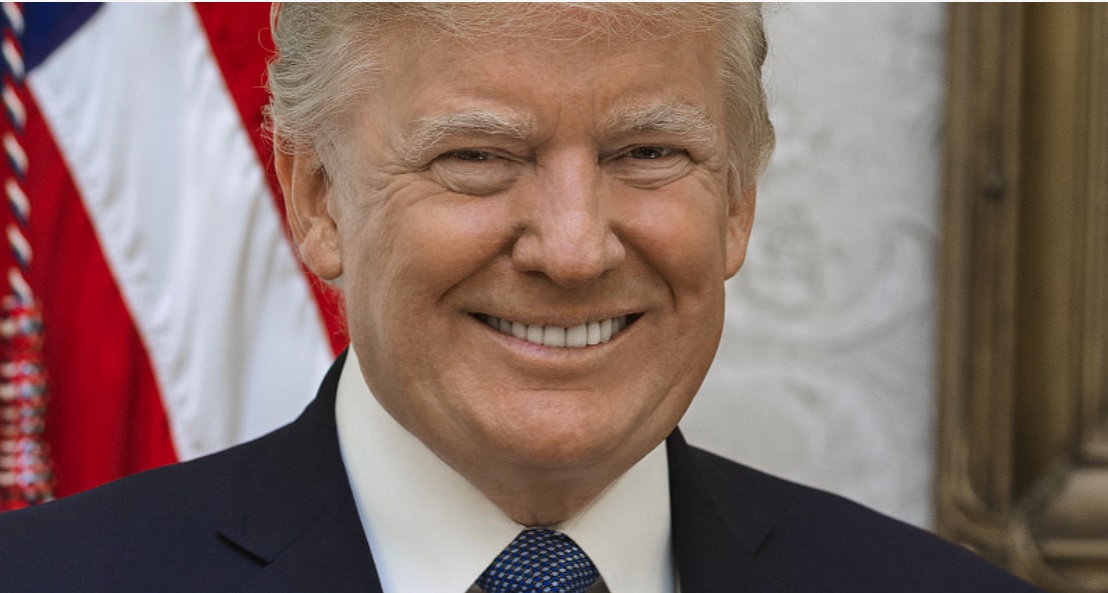
Trump: A Geopolitical Revolution and a Promise for Sudan
Munzer Mustafa
"We must be the strongest nation, but at the same time, we must maintain our neutrality... Americas interests cannot be protected in a European war... Our priority is the defense of America, not involvement in foreign conflicts" (Charles Lindbergh, 1940).
"We will defend our borders before defending the borders of other countries... We will bring jobs and industry back to our land and make America great again" (Donald Trump, 2016).
"The United States cannot continue to write blank checks to support the conflict in Europe" (J.D. Vance, 2022).
The victory of the Republican Party has created an unprecedented geopolitical shift since the collapse of the Soviet Union in 1991. It is not unlikely that the Middle East, including Sudan, will see a period of calm, paving the way for a new phase in the global economy, with a defensive approach that shares its hefty costs among participants. The interests of Middle Eastern nations are no more significant than those of Europe.
Donald Trump’s return to the White House by a significant margin over his rival, who currently acts as the interim President, has introduced an atmosphere of anticipation and tension domestically. The camp of the new elites (supporters of the Rapid Support Forces) is bracing for the worst, as unconfirmed rumors of potential American rapprochement with Port Sudan authorities circulate in informal discussions.
Trump’s comeback challenges not only the political immigrant community but also pushes regional actors to end the conflict and reach a settlement as swiftly as possible. No country currently wishes to bear the escalating costs of a war that would soon surpass the capacity of any alliance. Additionally, the rising protection expenses are burdening America’s traditional allies, following Trumps well-known policy stance: “They must pay.”
Trumps policies are marked by a combination of practicality and drama, characterized by definitive, high-stakes deals (akin to "laser surgery"). This places public opinion leaders in a tough position, as developing a serious, widely accepted negotiating stance has not been a priority in past political and civic interactions. Soon, there will be no choice but to create such a stance or step aside from the political scene.
Most observers expect that Trump’s return to power, with his campaign promise to end wars worldwide, will benefit the Sudanese people in one way or another. The majority of Sudan’s population is eager for a return to normalcy, and Trump’s approach aligns with this hope, providing a glimmer of light for those abandoned by their own compatriots, who instead pursued traditional political conflicts and disregarded the public’s path and their right to safe, stable living.
Trumps electoral promise could bring more hope to the Sudanese people than the weak assurances recently offered by the political elite in London. Community leaders must apologize for their disgraceful political stances, commit to aligning with local priorities, and work with grassroots groups to rebuild trust and prevent its loss in the future.
Trump’s return will not be welcomed by warlords who anticipated rewards of power and wealth for decimating the Sudanese people, displacing them, and imposing widespread hunger. However, those familiar with Republican policies know that a wave of judicial pursuits has already begun, rooted in a foreign policy that seeks peace through established methods.
Nevertheless, the situation is not entirely rosy. Developmental reconstruction is at risk as allies of Sudan and America reprioritize spending. Europe, for example, faces increased NATO contributions, while others must make substantial security payments, which makes available international development funds scarce.
The geopolitical revolution that the American public has voted for is expected to lead to more equitable international interactions, from which the Sudanese people stand to benefit. The first fruits of this change would be the end of the April 15, 2023, war and the pursuit of the terrorism that has long plagued the state and sought to disrupt society.
The question remains: Is the civil and political community ready to maximize the benefits and navigate the challenges?
Researcher at the Public Policy Institute – Sudan
munzer.ppi.sd@gmail.com

